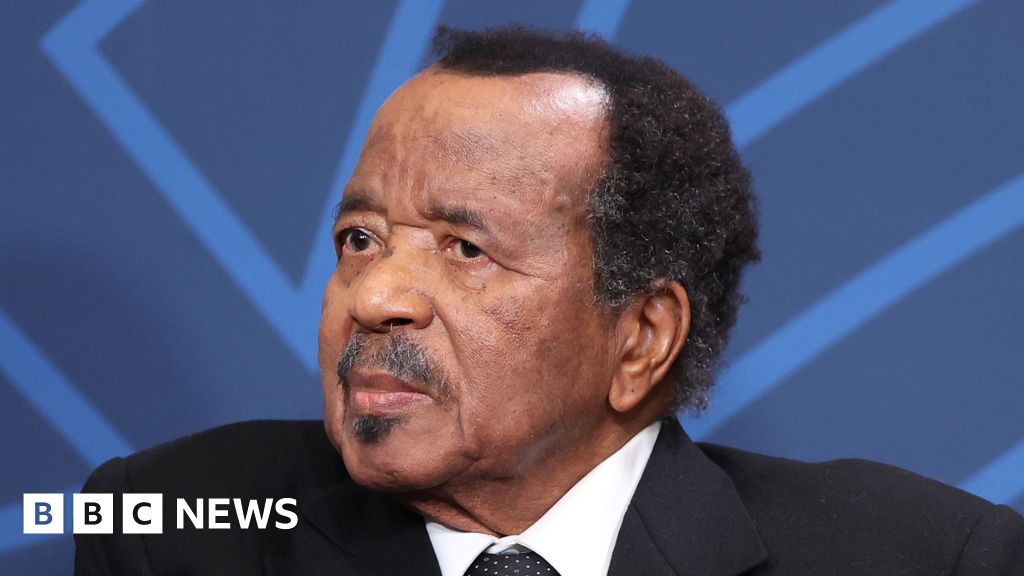You have a preview view of this article while we are checking your access. When we have confirmed access, the full article content will load.
Among the hundreds of Russians jailed for criticizing the war in Ukraine, the death of Pavel Kushnir in detention has transformed him into an antiwar symbol.

Sept. 18, 2024, 5:02 a.m. ET
As a teenager, Pavel Kushnir won a coveted spot in Russia’s most prestigious training program for pianists at the Moscow Tchaikovsky Conservatory. His classmates remember him as a shy, quirky introvert with fluency in not just classical music, but in film, literature and painting.
He made a career playing for provincial orchestras, while on the side he wrote startling avant-garde novels, mostly unpublished.
Long a critic of President Vladimir V. Putin, Mr. Kushnir took up political activism with added zeal after Russia invaded Ukraine in 2022. He spread leaflets damning the war while pushing himself to endure ever longer, harsher hunger strikes. Four blurry, muffled antiwar screeds that he posted on his YouTube channel, which had just five subscribers, landed him in a dark, crumbling jail on Karl Marx Street in Birobidzhan, the remote Siberian provincial capital where he lived.
Now, at age 40, he is dead.
Mr. Kushnir is one among what human rights activists say is more than 1,000 Russians who have been caught in a harsh state apparatus designed to mute criticism of the war. Some politicians or well-known artists put on trial attract significant attention. But many prisoners linger in obscurity, with activists struggling to keep track of them.
Image
Mr. Kushnir was one who fell between the cracks, and his lonely death in Russia’s remote Far East has prompted extended soul-searching among prominent Russian political activists and war critics. Why, they wonder, did a talented performer deeply committed to protesting have to die in order to become an antiwar icon?

 1 month ago
7
1 month ago
7












 English (US) ·
English (US) ·